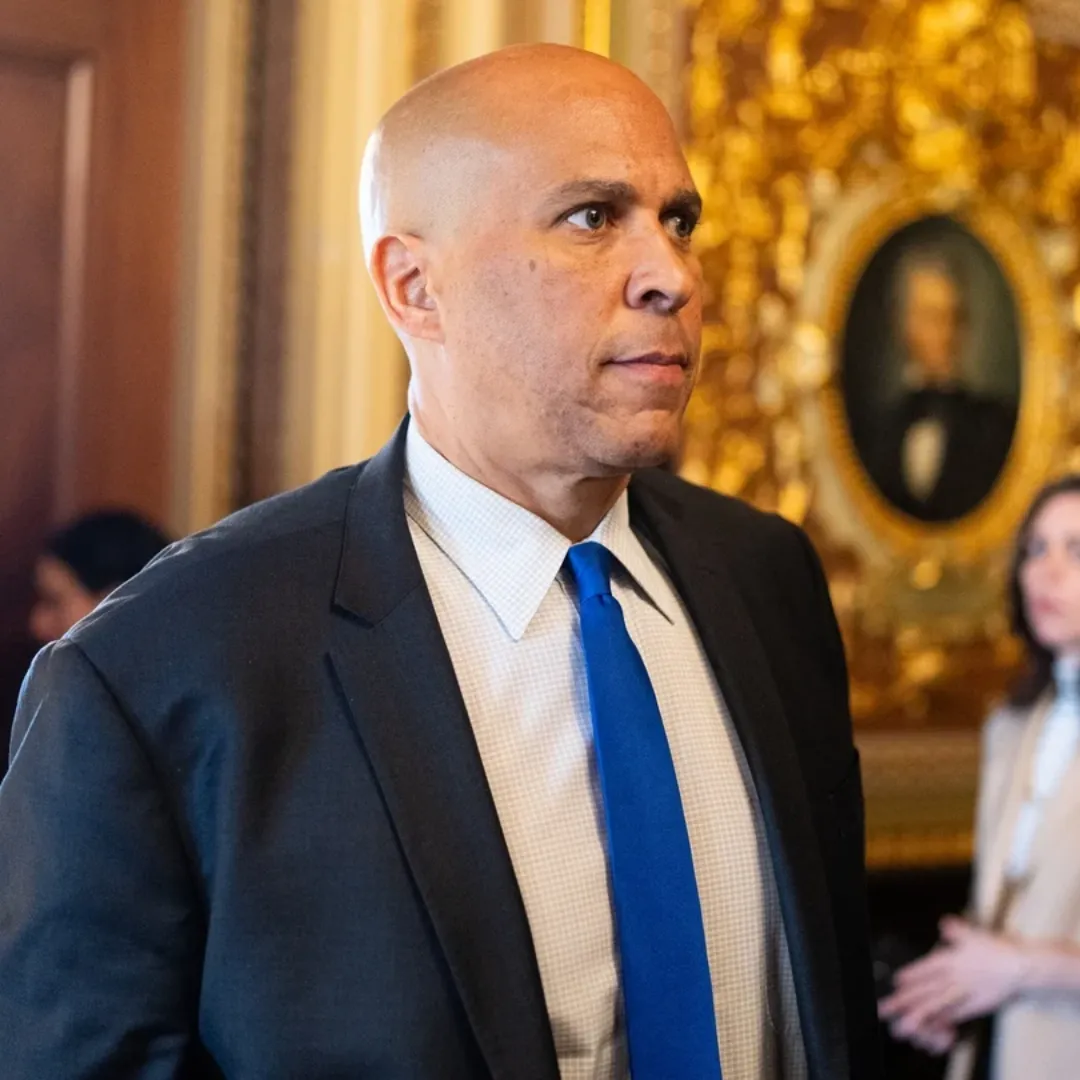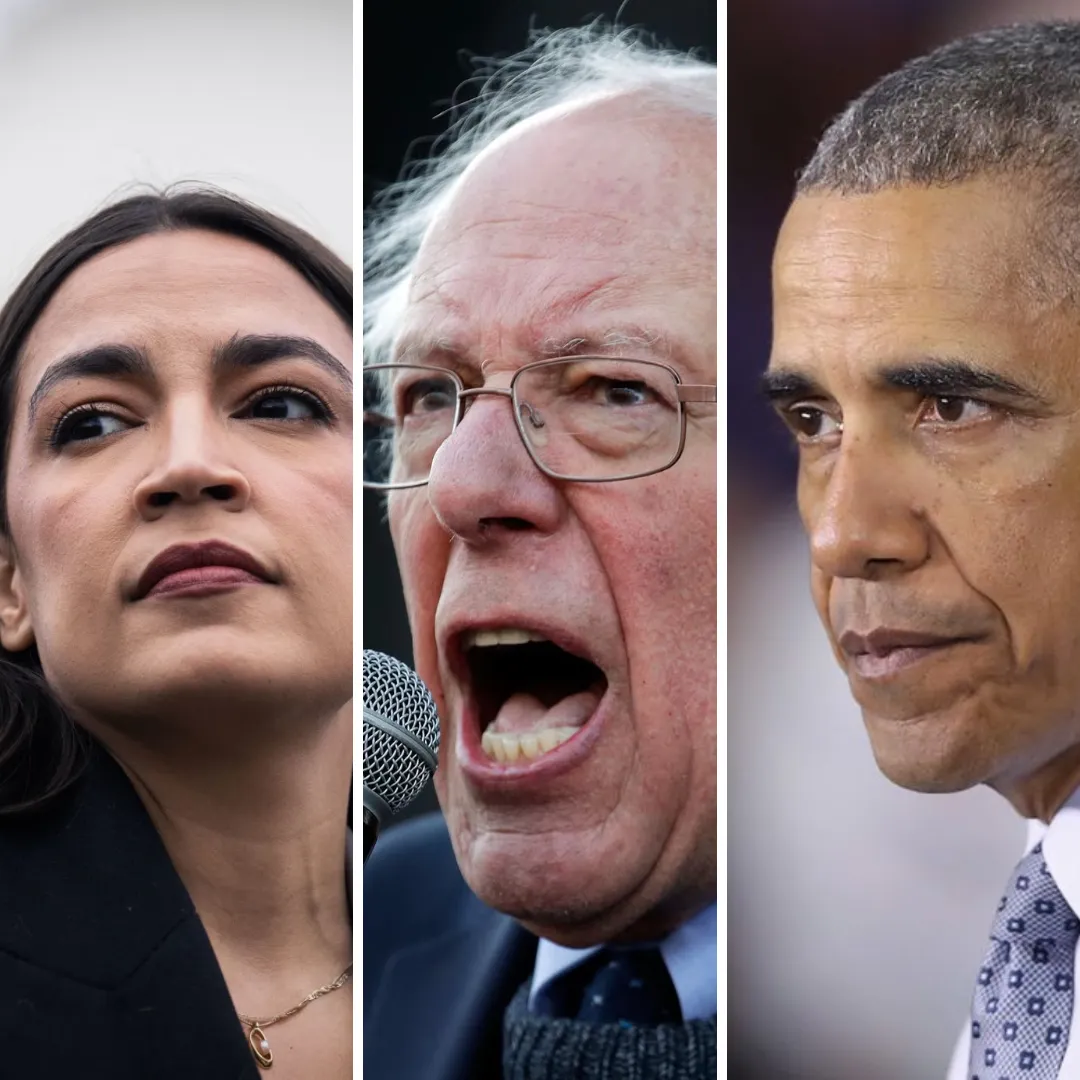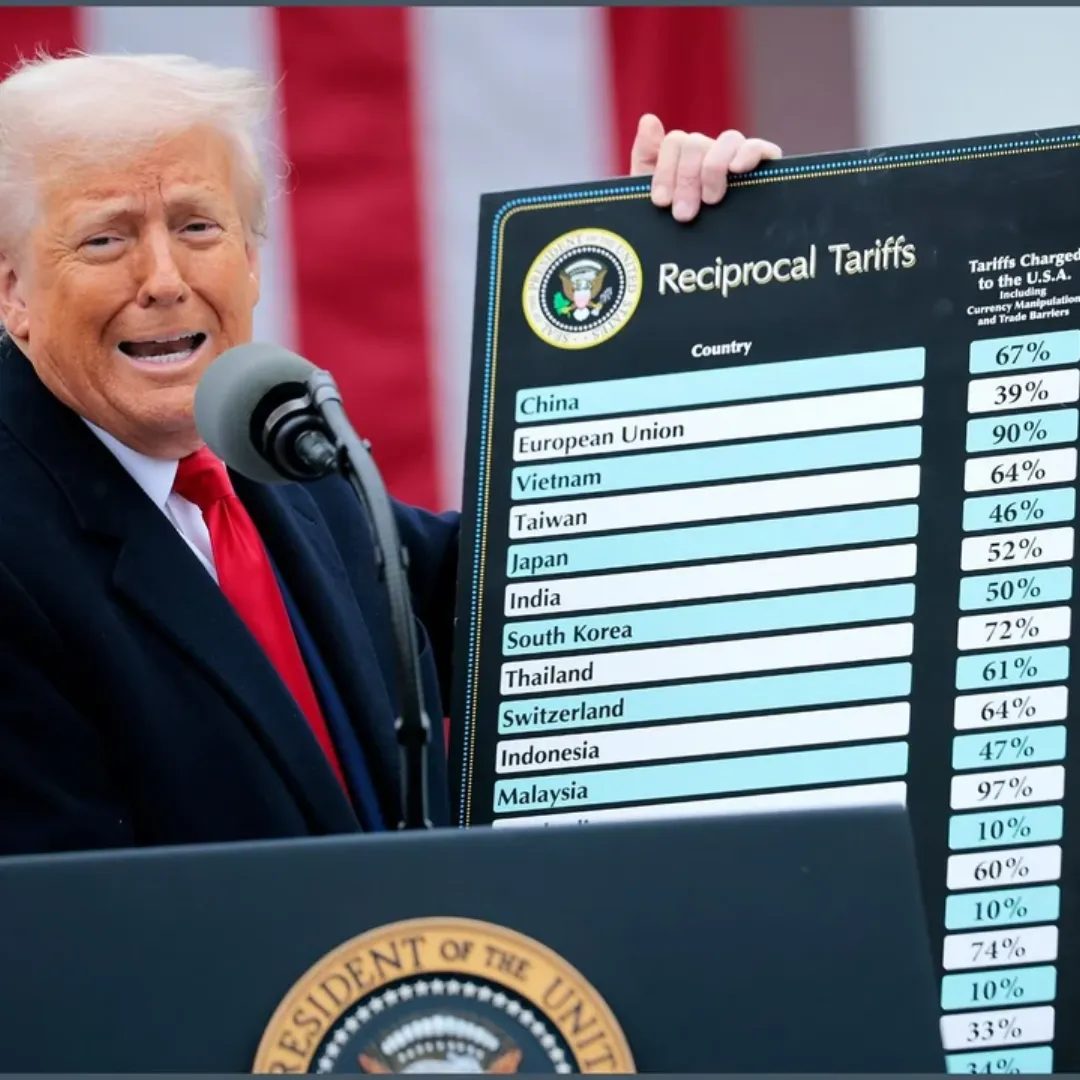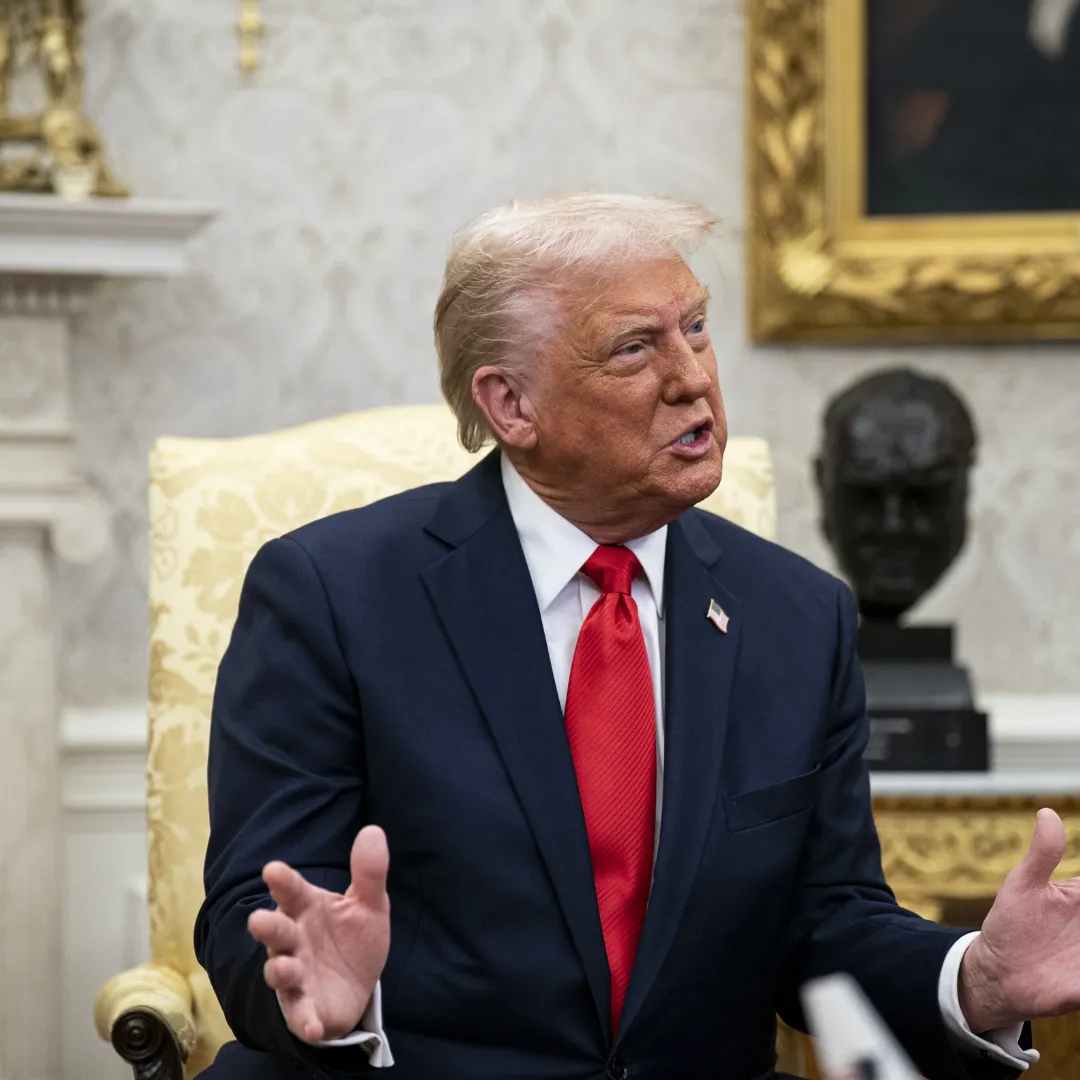
As the Trump administration prepares to implement its highly anticipated “Liberation Day” tariffs, Rep. Pete Sessions (R-Texas) has raised concerns about the economic implications of the move. Sessions, appearing on CNN’s News Central on Monday, agreed with a piece from The Wall Street Journal editorial board, which argued that tariffs are effectively a form of taxation.
Sessions’ comments came just one day before President Donald Trump’s administration was set to impose expansive reciprocal tariffs on foreign nations, including a significant new tariff on foreign-made vehicles.
The looming tariffs are part of a broader strategy by the Trump administration to address trade imbalances with certain countries, most notably China, Canada, and Mexico. Trump has been vocal about his dissatisfaction with trade deals he believes are unfair to the United States, and the “Liberation Day” tariffs are his administration’s attempt to level the playing field.
However, critics, including economists and some members of Congress, have expressed concern that these tariffs will lead to higher costs for consumers and businesses in the U.S., making everyday goods more expensive.
Sessions, who represents Texas’ 17th congressional district, a region with strong business ties and a significant reliance on trade with Mexico, said he shares concerns about the impact of tariffs but remains supportive of Trump’s overall trade strategy.
When pressed about the potential consequences of the tariffs, Sessions candidly agreed with the Wall Street Journal’s editorial stance, stating, “In the real economic world, a tariff is a tax.”
Sessions pointed out that tariffs are essentially taxes on goods imported into the U.S., which can raise the cost of products for consumers and businesses alike. He echoed the Journal’s argument that the administration’s planned tariffs could generate significant revenue for the federal government—up to $600 billion annually.
However, Sessions cautioned that such revenue would come at a cost, arguing that the burden would fall on individuals and businesses in the private sector, who would have to absorb the higher prices caused by the tariffs.
“I’m a capitalist who believes in lower prices, lower taxes, opportunities,” Sessions said during his CNN interview. “The facts of the case are that Donald Trump, now President Trump, and his advisers believe that they see the mathematics across the country, specifically in certain areas.”

He added that he was willing to give the president a chance to demonstrate the effectiveness of his plan, particularly in relation to trade with Canada and Mexico, two of the U.S.’s largest trading partners.
Despite his concerns about the economic consequences of the tariffs, Sessions expressed his belief that Trump’s trade policies could ultimately benefit the U.S. economy.
He noted that the administration’s approach is based on a strategic vision to address long-standing trade imbalances, especially with countries like China, which have been accused of unfair trade practices, including intellectual property theft and currency manipulation.
Sessions’ comments about tariffs being a tax came in response to a direct question from CNN anchor John Berman, who pressed him on the issue. Sessions was clear in his response, stating that there is “no question” that a tariff is a tax.
He added that he had learned this basic principle in college at Southwestern University, where he studied economics. “I learned that at Southwestern University when I was a sophomore in college,” Sessions said, acknowledging the economic reality that tariffs are, at their core, a form of taxation.
However, Sessions also pointed out that the global economy has evolved since he was in school, and the context of trade and tariffs has changed significantly in the decades since. “But the world now is slightly different,” he said, suggesting that the economic and political landscape today requires a more nuanced understanding of tariffs and their impact.
Sessions’ view that tariffs are a form of taxation is widely shared by economists and trade experts, who argue that tariffs ultimately raise the cost of goods for consumers, even as they generate revenue for the government.
While the idea of imposing tariffs is often framed as a way to protect domestic industries and reduce trade deficits, the broader economic impact can be detrimental to consumers who must pay higher prices for imported goods. This has been a major point of contention among critics of Trump’s trade policies, who argue that the tariffs will hurt American families and businesses in the long run.
The tariffs set to go into effect on Wednesday, dubbed “Liberation Day” by President Trump, are part of a broader strategy to impose reciprocal tariffs on countries that, in the administration’s view, have not treated the U.S. fairly in trade negotiations.
The administration’s goal is to force foreign governments to change their trade practices by levying tariffs on their products, which would make those products more expensive for American consumers. This, in turn, is meant to push those countries to negotiate more favorable trade terms with the U.S.
One of the most high-profile aspects of the new tariffs is the 25 percent levy on foreign-made vehicle imports, which will go into effect on Wednesday. This tariff will impact car manufacturers around the world, including those in the European Union, Japan, and South Korea.
The move has raised concerns among automakers, who worry that the new tariffs will lead to higher prices for cars and parts in the U.S., potentially driving up the cost of owning and purchasing vehicles.
While the Trump administration has argued that these tariffs are necessary to protect American workers and industries, especially in sectors like steel and aluminum, critics argue that the tariffs will hurt consumers by increasing the cost of goods across the board. Some economists warn that the tariffs could lead to inflation, as higher prices for imports would be passed down the supply chain, resulting in higher prices for everyday items, from clothing to electronics.
As a member of Congress from Texas, a state with close economic ties to both Canada and Mexico, Sessions expressed concern about the potential impact of the tariffs on trade with these two countries. Texas is one of the largest exporters in the U.S., and Mexico is its largest trading partner.
The state’s economy relies heavily on trade, particularly in industries like agriculture, energy, and manufacturing.
“I am concerned about our trade with Canada, I am concerned about our trade with Mexico,” Sessions said, highlighting the importance of maintaining strong trade relationships with these neighbors. He noted that while he was giving Trump a chance to present his trade plan, he was also keeping a close eye on the potential fallout from the tariffs.
Sessions acknowledged that while the tariffs might have some short-term benefits, they could also harm Texas businesses that rely on smooth trade with Mexico and Canada.
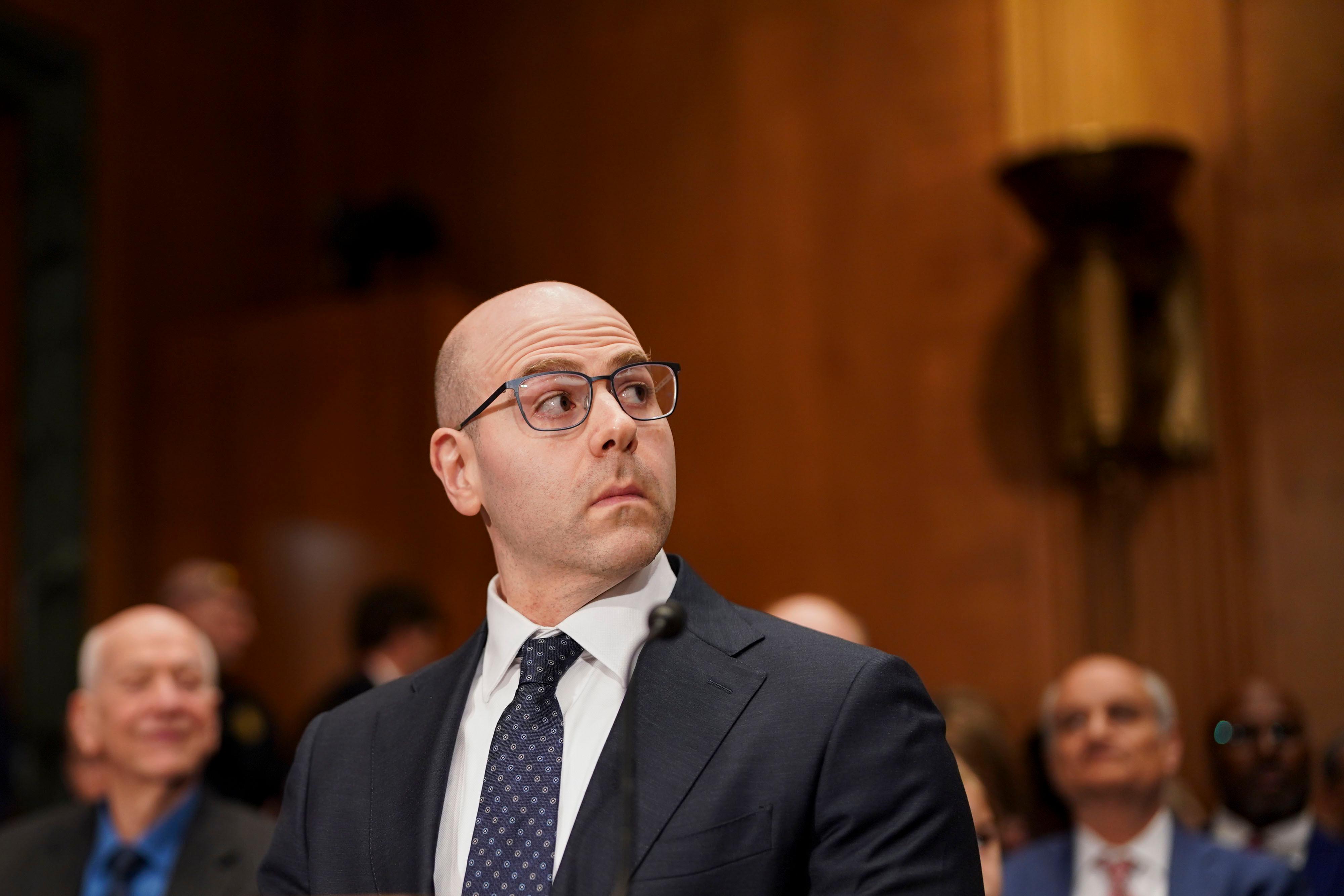
The concerns over trade with Mexico are particularly important, as the country is a major supplier of goods to the U.S., including electronics, automobiles, and agricultural products. In recent years, trade between the U.S. and Mexico has been a focal point in discussions about the North American Free Trade Agreement (NAFTA), which was replaced by the United States-Mexico-Canada Agreement (USMCA) under the Trump administration.
While the USMCA was touted as a win for American workers, some critics argue that the deal still leaves the U.S. vulnerable to the whims of foreign markets. The imposition of new tariffs could make trade even more difficult, especially for industries that rely on imports from Mexico, and could lead to higher costs for consumers in the U.S.
The debate over tariffs has become one of the central issues in American politics, particularly as the Trump administration continues to push its “America First” trade agenda.
Supporters of the president argue that the tariffs are necessary to level the playing field and protect American jobs, while critics contend that the tariffs are harmful to consumers and will ultimately hurt the U.S. economy.
For Sessions and other Republicans, the issue of tariffs is complicated by the reality that tariffs are seen by many as a form of taxation. While Republicans have long championed lower taxes and free-market principles, the reality of tariffs challenges this narrative.
As Sessions himself pointed out, tariffs are taxes that ultimately burden consumers and businesses, raising the cost of goods in the process.
Sessions’ support for Trump’s broader trade policies, despite acknowledging the economic challenges posed by the tariffs, speaks to the deep divide within the Republican Party over the issue of trade.
While some Republicans continue to support Trump’s tough stance on trade, others are concerned about the long-term impact of the tariffs on the U.S. economy and the political fallout from rising consumer prices.
As “Liberation Day” approaches, the question remains whether Trump’s tariffs will achieve their intended goals of rebalancing trade relationships and protecting American industries, or whether they will lead to a broader economic downturn. The political and economic fallout from the tariffs will likely continue to be a key issue in the 2024 election cycle, as both Republicans and Democrats grapple with the long-term effects of Trump’s trade policies.


